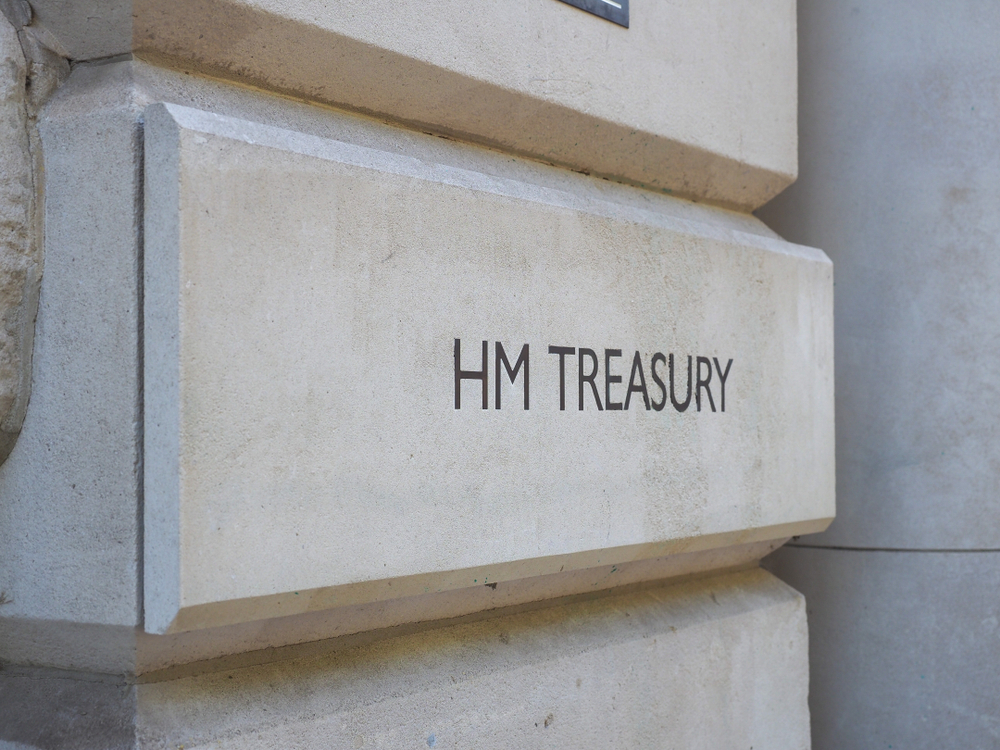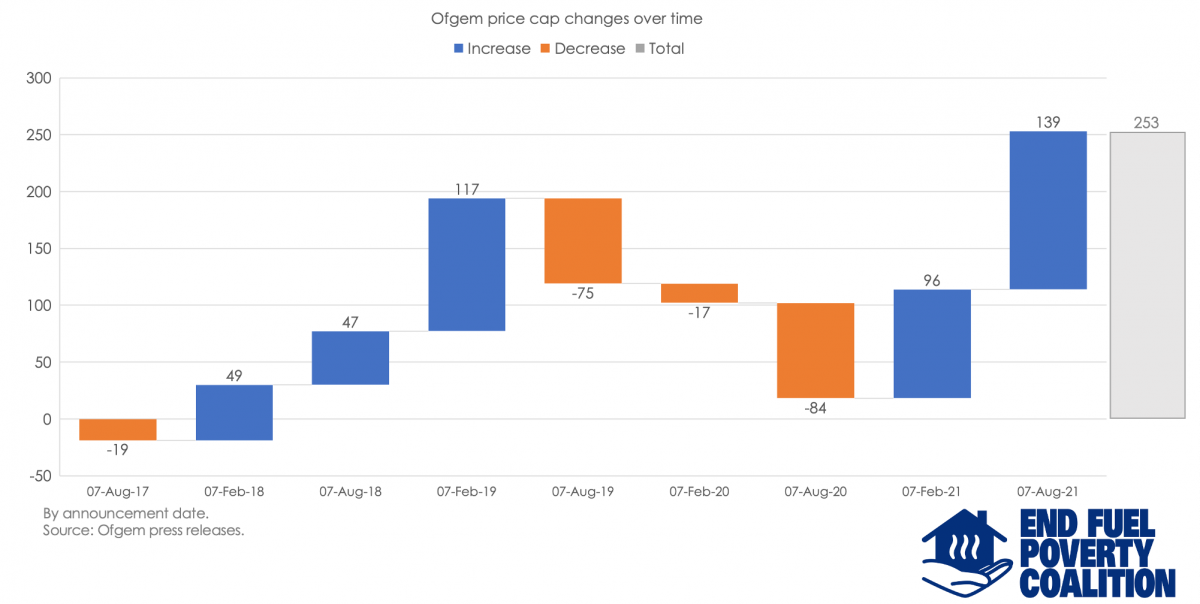Millions of domestic energy customers will see their energy bills stay at near record highs.
The latest Ofgem Price Cap announcement has set new prices for what consumers will pay for energy from 1 July 2023, with the average household seeing an energy bill of £2,074. If customers use more than the average consumption, they will still pay more than this figure as the cap limits the unit cost, not the total bill.
Up until as recently as March, the average household energy bill stood at £2,100 due to the impact of Government support programmes. Last summer, average bills were £1,971 meaning energy will be 5.23% more expensive in summer 2023.
Predictions are that future price caps will set average energy bills at £1,976 from 1 October and rising back to £2,045 from 1 January 2024.
According to End Fuel Poverty Coalition records, this means that energy bills will be roughly:
- DOUBLE what they were in 2020.
- 60% ABOVE what they were before the invasion of Ukraine.
- At a similar level to last winter, but with people having less ability to pay as the crisis continues.
Anne Vivian-Smith, a disabled former community worker from Nottingham, said:
“Last winter I couldn’t keep myself warm as energy bills soared. To learn that I might have to face the same level of energy bills again is a frightening prospect. Other bills have gone up and the cost of living has soared – we’re less able to pay our bills now than we were last winter.”
Junnie Braithwaite is 56 and lives in northeast London. Her socially rented apartment is split over two floors, and she needs to use a stairlift because of fibromyalgia and arthritis. She said:
“It’s give with the one hand and take with the other, I might get a few quid off my energy bill but that’s swallowed up by food prices going through the roof. I still don’t have peace of mind and I am already dreading next winter when my energy bills will go up again.”
A spokesperson for the End Fuel Poverty Coalition commented:
“The sting in the tail to this announcement is that customers are still going to be paying roughly the same for their energy as last winter.
“And after months of inflation and the wider cost of living crisis, people are even less able to afford these high energy bills.
“The government needs to use the summer to fix Britain’s broken energy system, because for millions of people the energy bills crisis is far from over. This means ramping up energy efficiency programmes, helping the public with energy debt and reforming energy pricing arrangements so people don’t suffer again this winter.”
Research for the Warm This Winter campaign found that over 9 million adults lived in cold damp homes in winter 2022/23 and official figures showed cases of hypothermia surged by 36%.
Tessa Khan, Director of Uplift which is part of the Warm This Winter campaign, commented:
“Britain’s broken energy system is set to cause another winter of misery, with fuel poverty affecting many of the most vulnerable. But as people continue to struggle through the energy bills crisis, the energy producers will continue to reap record profits.”
Fixed term deals which may now come onto the market may not be the solution, with recent figures from Future Energy Associates show that these may boost energy firms’ profits and be more expensive to consumers than the standard variable tariff.
The Government has announced funding to help with the cost of living, but it will not help around 1.7 million households in fuel poverty and represents a real-terms cut in support compared to last year.
Other inequalities in the energy market will remain with customers paying by standard credit (i.e. paying by cash, cheque or bank transfer) hit with a significant price premium.
Meanwhile some regions, such as Merseyside and North Wales will pay substantially more than others, such as those in the East Midlands.
Bethan Sayed from Climate Cymru said:
“The regional inequalities are deeply unfair, with people in North Wales paying substantially more than other parts of the UK for their energy. This is compounded by people living in old, leaky homes or off grid, and those on prepayment meters getting less energy for their money. This needs to change.”
Jonathan Bean from Fuel Poverty Action added:
“As people sink deeper into debt, basics like washing your clothes are becoming unaffordable luxuries for many. We need long-term solutions to fix Britain’s unfair energy system, such as providing a free ‘energy for all’ allowance for those that need it.”






